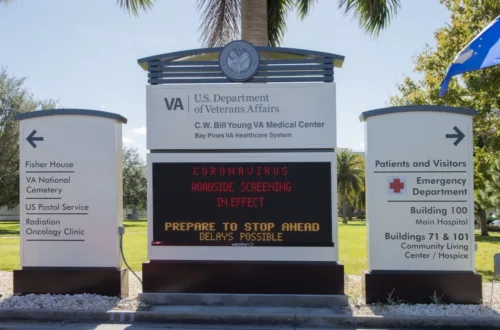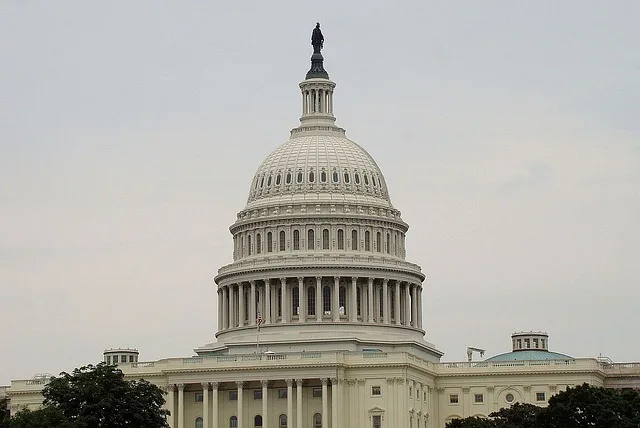Pentagon Brandon Act Policy Approved to Reduce Military Suicide Rate

Update: When Congress passed the Brandon Act in 2021, implementation was delayed.
News outlets, including Military.com, report the Defense Department “did not craft the policy in response to the law until this May. In that interim, 440 active-duty service members across the six armed forces died by suicide, according to records kept by the Pentagon and the Coast Guard.”
In July 2023, the Air Force, Marine Corps, and the Navy issued service-specific Brandon Act policies requiring commanders to ensure their troops know how to request mental health evaluations and treat mental health issues like physical health concerns. In September 2023, the United States Army announced Brandon Act-compliant suicide prevention policies.
Servicemembers should remember they do not need to wait for a referral for a mental health evaluation in a time of crisis; troops may request mental health treatment at a military medical facility any time or seek help from a trained civilian counselor.
Troops have improved access to mental health care options while serving thanks to a Pentagon policy created to comply with requirements in the 2022 National Defense Authorization Act known as the Brandon Act. The policy was announced on May 5, 2023, and was required to be implemented in roughly six weeks after that announcement.
In 2018, Brandon Caserta, the enlisted 21-year-old sailor for whom the act is named, was one of more than 300 active-duty service members who committed suicide that year. In 2021, more than 500 troops with causes of death were listed as suicide.
According to Stars and Stripes, a military investigation into Caserta’s death concluded a hostile work environment and “belligerent” leadership may have contributed to the sailor’s death. Was this sailor afraid to seek help because he felt stigmatized for having mental health issues?
The Stars and Stripes article includes this observation: “Defense officials have taken some steps to increase troops’ access to mental health professionals” to help end a “longstanding stigma that seeking help was a sign of weakness.”
Read more: Suicide Prevention Resource for Military and Veterans
What the Brandon Act Does
The Brandon Act created a confidential “self-initiated referral process” for military members needing mental health evaluation.
According to a DoD press release, the Brandon Act required all military branches to create policies and establish procedures for a service member to seek a referral for mental health “for any reason” and in “any environment,” according to the Department of Defense.
Troops also have the option to use their “local health care provider” directly and without involving their unit.
Two-Stage Implementation
When the DoD announced its Brandon Act policy in early May 2023, the Department ordered the Army, Air Force, Space Force, Marine Corps, Coast Guard, and Navy to implement service-specific mental health policies within 45 days for active duty service members. Supervisors are also required to receive annual training on initiating mental health evaluation requests.
Training For Troops
It’s not just supervisors and the chain of command that needs training in this area. The Defense Health Agency is ordered to work with all branches of service to “educate all service members on the process to seek support by requesting a referral for a mental health evaluation,” according to a DoD press release.
Read more: VA Offers Free Mental Health Crisis Care to Veterans
Mental Health Resources for Military Members in Crisis
Those who serve and their families have important mental health resources, including “non-medical counseling” via the 988 Veterans Crisis Line, and Military OneSource. The Department of Defense also recommends the Psychological Health Resource Center.
About the author
Editor-in-Chief Joe Wallace is a 13-year veteran of the United States Air Force and a former reporter/editor for Air Force Television News and the Pentagon Channel. His freelance work includes contract work for Motorola, VALoans.com, and Credit Karma. He is co-founder of Dim Art House in Springfield, Illinois, and spends his non-writing time as an abstract painter, independent publisher, and occasional filmmaker.


